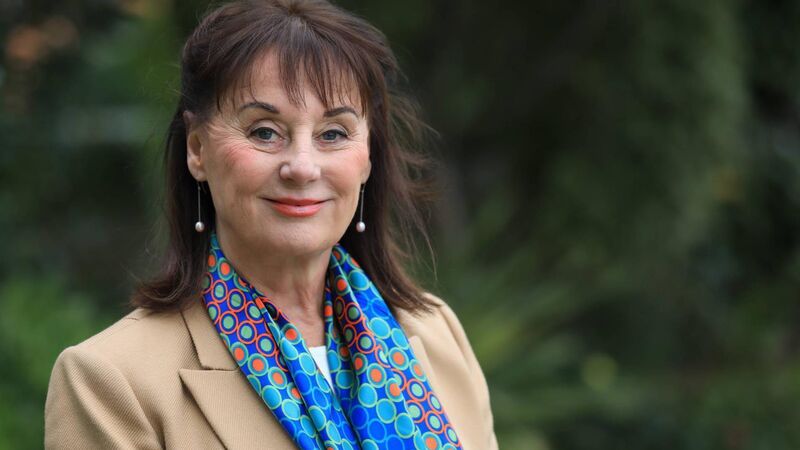Pandemic anxiety 'hangover' affecting older people, study finds

Professor Rose Anne Kenny is an Irish geriatrician, director of the Mercer's Institute for Successful Ageing and founding principal investigator for The Irish Longitudinal Study on Ageing (Tilda). Picture: Julien Behal
Levels of loneliness among older people have not yet receded to pre-covid levels, with a "hangover” from pandemic-related fear and anxiety still affecting people, a study on ageing has found.
Some 24% of older people in rural areas have no access to creative activities, 12% of people in towns other than Dublin find this, but only 5% of older people in Dublin reported this, the Creative Activity in the Ageing Population: Findings from Wave 6 of The Irish Longitudinal Study on Ageing (Tilda) also show.













